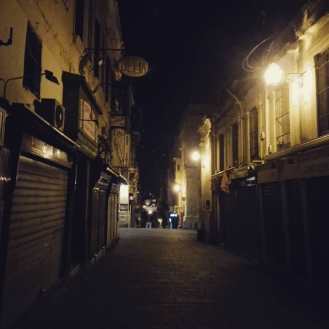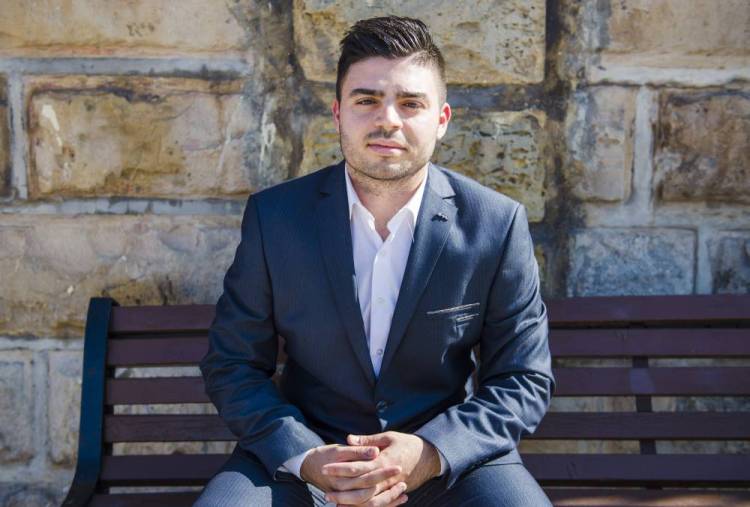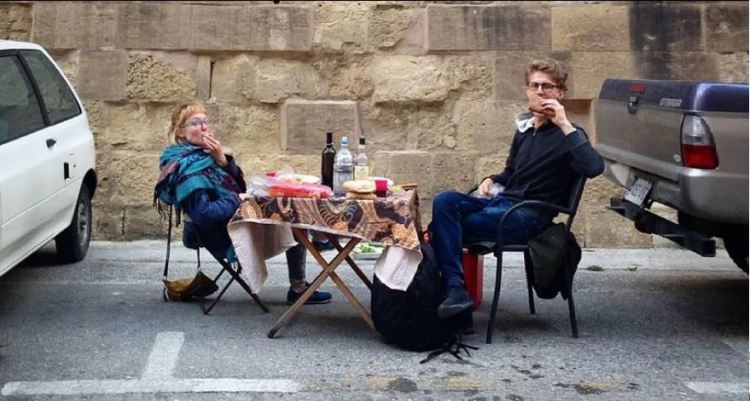So, the sixteenth issue of ENCORE Magazine, which I have been editing since it’s eleventh edition, should soon be out and about in its designated pigeon-boxes across Malta and Gozo, after having debuted last Sunday – nestled as it was in between the pages of the Malta Independent during a particularly torrential day.
Below is the text for my editorial for this issue, which covers the period of March-May 2019. Being a quarterly magazine, the trope of the seasons is difficult to wriggle out of when writing these things, I’ve realised. But then again, why even bother? In the end, what is more enveloping than the climate? We Maltese Islands-dwellers learnt this the hard way last weekend, and the world will have to lean into its realities even harder once climate change truly hits a stride…
But in the meantime!
Here’s the editorial.

An apposite atmosphere of fresh beginnings wafts over this edition of Encore Magazine, and I for one could not be more glad at the aura of promise that this brings about for the Maltese cultural scene at large. We delve into not one, but two, art spaces in Valletta: MUZA and Valletta Contemporary — showcases of the visual arts whose legacy, angling and approach may be different, but which nonetheless stand as a testament of both an active visual arts scene with no small modicum of both public support and enthusiastic private patronage.
The two entities, both in their early stages, could also be seen as craning up (chin held firmly up) as the smoke of Valletta’s tenure as European Capital of Culture begins to clear.
But it is not just cultural initiatives that are rising from the ashes of the busy and hectic year that was 2018. Even the island’s most prominent public cultural body looks forward to some refreshing changes, as is evident from our interview with Mary-Ann Cauchi, the new Director of Strategy at Arts Council Malta, who outlines her vision of a holistic and democratic approach to public funding and support for local artists.
But neither are we forgetting about the roots of the matter — that is, the education of budding artists, now given a boost thanks to the additional availability of so-called VET subjects. A student fills us in on the revealing progress of pursuing an educational path less taken, and that allows for flexibility and uncertainty: such a necessary component of any honestly-undertaken creative endeavour.
Speaking of generational developments and creative flexibility, we also delve into the perception of nudity and sexuality in the Maltese visual and theatrical arts; in what can serve as an addendum to our consideration on the evolving attitude towards censorship in a previous issue. And in another further gentle jolt to preconceptions, the latest edition of our Encounter running feature pits a tattooist against a filigree artist, in a conversation that shines an interesting light on the blurry fault lines between ‘art’ and ‘cosmetics’.
This is, of course, all counterbalanced by insights into the exciting events that lie ahead during the Spring of 2019, reminding us once again of the truly refreshing pleasures of new beginnings.Enjoy.
Teodor Reljić
As ever, I would like to thank Encore Magazine director Ruben Zahra, proofreader Tricia Dawn Williams and the team at Kuluri (Reuben Spiteri and Daniel Borg) for helping put together this challenging (read: post-Christmas) edition of the magazine. Thanks also go to our many contributors. The magazine can also be viewed online.























